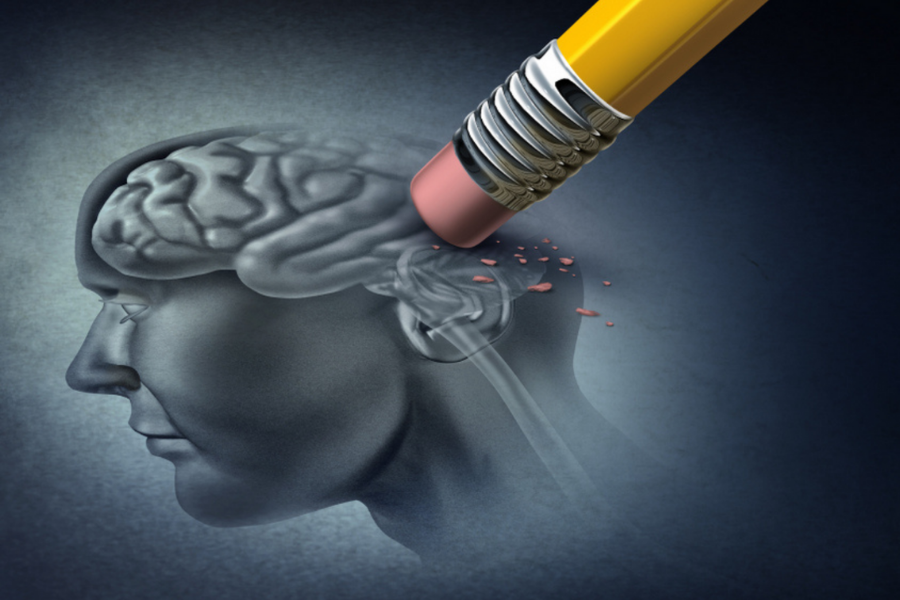Dementia is not an inevitable part of ageing, according to a neuroscientist
Brain expert Dr Ben Webb explains why the mental decline of dementia is not part of healthy ageing.
As we get older, many of us need a little bit longer to remember things or struggle to do some tasks as well as we used to.
This may become more noticeable in midlife, during our 40s, 50s and 60s. These changes are a normal part of ageing, but can be frustrating and you might worry they are the early signs of dementia.
Many people think of dementia as an inevitable consequence of getting older. Although it is certainly true to say that the symptoms of dementia are most common in older people, dementia is not a normal consequence of ageing. And it’s not inevitable that as you get older, you’ll end up with dementia.

Dementia is caused by diseases that damage brain cells, not by healthy ageing. It affects memory, thinking, decision making and social skills severely enough to interfere with daily life.
Adopting a healthy lifestyle reduces the risk of dementia
 The likelihood of developing dementia is deeply influenced by lifestyle factors, like the food you eat, how often you exercise, and the quality of your sleep.
The likelihood of developing dementia is deeply influenced by lifestyle factors, like the food you eat, how often you exercise, and the quality of your sleep.
While it might be easier to blame a debilitating disease, like Alzheimer’s, on a single gene and the ageing process, it’s actually the cumulative effect of the choices that we make every day over months and years that determines whether or not Alzheimer’s features in our life. This might be harder to accept, but it’s also liberating because it puts control over our brain health squarely back into our hands.
The health of your brain isn’t determined by your genes, it’s determined by the lifestyle choices you make and the environment you live in that turns genes on or off at different times in your life. Even if you have the gene(s) most commonly linked with Alzheimer’s disease, this doesn’t mean you are guaranteed to develop Alzheimer’s. If you adopt truly healthy lifestyle practices, you can reduce the risk of ever developing the disease.
Never too early or too late to reduce your dementia risk.
Up to 90% of all Alzheimer’s cases are preventable. Not by traditional medicine, which hasn’t developed a meaningful cure. Not through some expensive product or secret formula. But by reducing risk factors for poor brain health like diabetes and high blood pressure and adopting healthy habits, like exercising regularly and eating a diet that nurtures the growth of brain cells and protects your brain from damage.
It’s never too early or too late to make lifestyle choices to reduce your risk of dementia. If you want some help, a good place to start is to assess your risk of dementia with our free test. Along with your risk score of developing dementia, we’ll send you a free brain healthcare plan to help you take care of your brain.
Latest posts by Ology - Brain advice for midlife (see all)
- Dementia is not an inevitable part of ageing, according to a neuroscientist - November 15, 2021






















